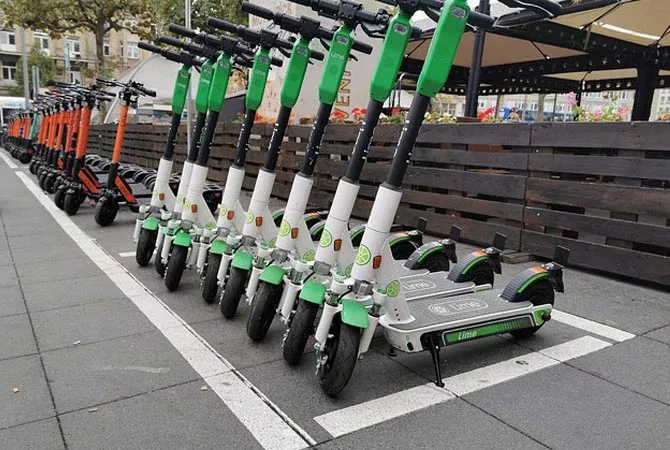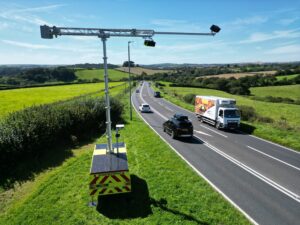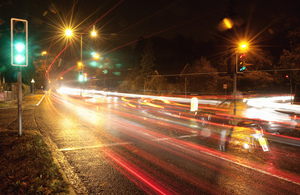Ministers in Ireland have welcomed he signing into law of the Road Traffic and Roads Act 2023 to help make its roads safer and support the roll out of improved public transport
This Act is a wide-ranging and significant piece of legislation that delivers on key commitments in the Programme for Government and reflects the many new ways people are choosing to travel today. One clear example is the use of e-scooters and e-bikes which are now commonplace, when a few years ago these modes of transport did not exist.
This Act will modernise and future-proof Ireland’s regulatory system to ensure that we can adapt to new technologies as they continue to emerge. Critically, it will improve road safety for everyone by balancing the uptake of the new forms of mobility with the needs and safety of other road users like pedestrians or pedal-bikers.
One of the most significant provisions in the Act is the resolution of legal barriers to e-scooters. E-scooters, while a regular part of our streetscape, are not yet legal to use on public roads. This Act introduces a new class of vehicle called Personal Powered Transporters (PPTs). Regulations can now be commenced to classify e-scooters as PPTs, allowing the Minister to specify appropriate power, speed and weight values, along with other technical and usage requirements for e-scooters. Until the regulations are in place, e-scooters will remain illegal for use on public roads. Once the regulations are in place, those that do not comply with them will be illegal to be used on public roads.
The technical e-scooter regulations must, under EU law, be notified to the European Commission for review, to ensure that they comply with Single Market rules before they come into effect (this is known as the “TRIS” process). This process takes a minimum of 12 weeks. When the TRIS process is successfully concluded, the regulations can be introduced. This will likely be in Q4 of 2023. Compliant e-scooters may then be used on public roads.
The Act will also put e-bikes on a legal footing. E-bikes with a maximum power output of 250W and a motor cut-off speed of 25km/hr will be treated as bicycles under Irish law. E-bikes that can go faster than 25km/hr or have a power output greater than 250W, and those that can operate without pedalling will now be classified as an e-moped. Under the new categorisation, e-mopeds will be seen as motorised vehicles which will require a licence, registration, tax and insurance to be used on Irish roads.
The new rules for e-mopeds will come into effect once the administrative arrangements for registration, driver testing, driver licensing and taxation are in place, which is expected to be in Q1 2024. Owners of e-mopeds will not need to make any changes yet and can continue to legally use their e-moped like a pedal cycle or e-bike until then.
























